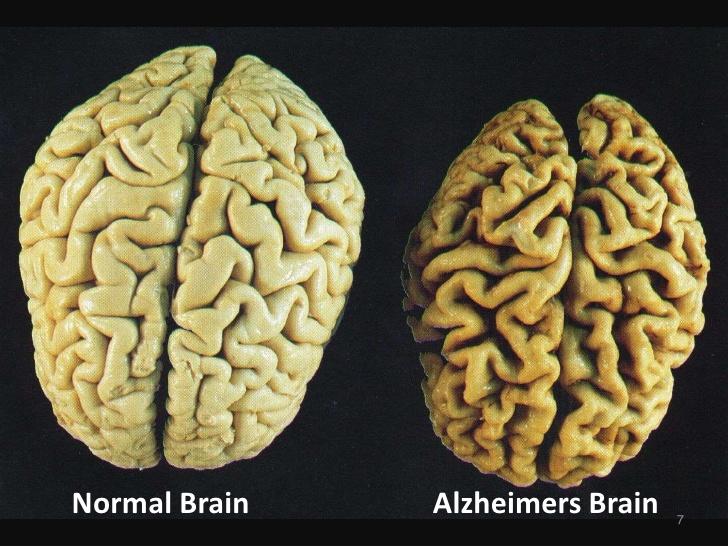RIO DE JANEIRO, BRAZIL – The study, published in the scientific journal Communications Biology, and disclosed by Galileo, shows that significant changes occur in a section of the brain of Alzheimer’s patients, more specifically in the cerebellum.
This sensitive area is in charge of movement and balance, and researchers have found that the cerebellum undergoes considerable changes in patients.

Experts argue that the finding is of utmost importance, because compared to other regions of the brain, such as the motor cortex and the sensitive cortex, which do not show any reaction, the cerebellum is an area that generally does not suffer the same level of damage.
“The cerebellum, which seemed unaffected, now shows a significant change at the molecular level,” scientist Richar Unwin of the University of Manchester, United Kingdom, told the specialized publication Science Alert.
Scientists also consider that the recent discovery may be a turning point in the treatment of the disease, perhaps enabling the creation of a therapy that mirrors this behavior.
The study
Researchers analyzed nine brains of individuals who had died of Alzheimer’s disease and nine brains of people who had died from other causes, from coronary heart disease to cancer, as reported by Galileo. Researchers identified 5,825 types of proteins in six different areas of the brain as a result of the study.
“This database is an excellent opportunity for dementia researchers around the world to follow new areas of biology and develop new treatments,” says Unwin. Alzheimer’s, which is the most common type of dementia, is still incurable.

